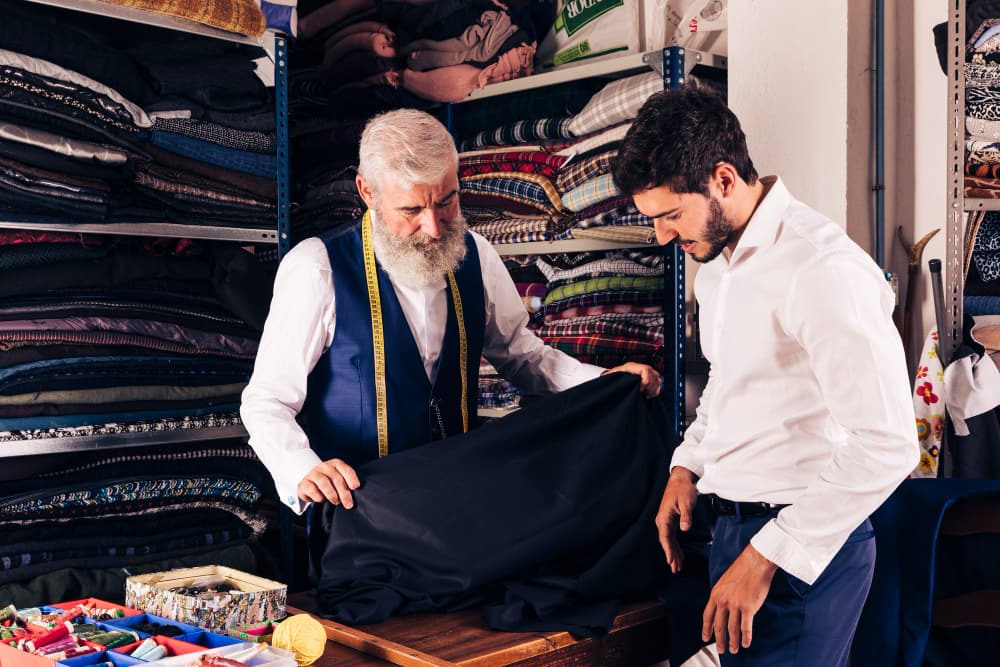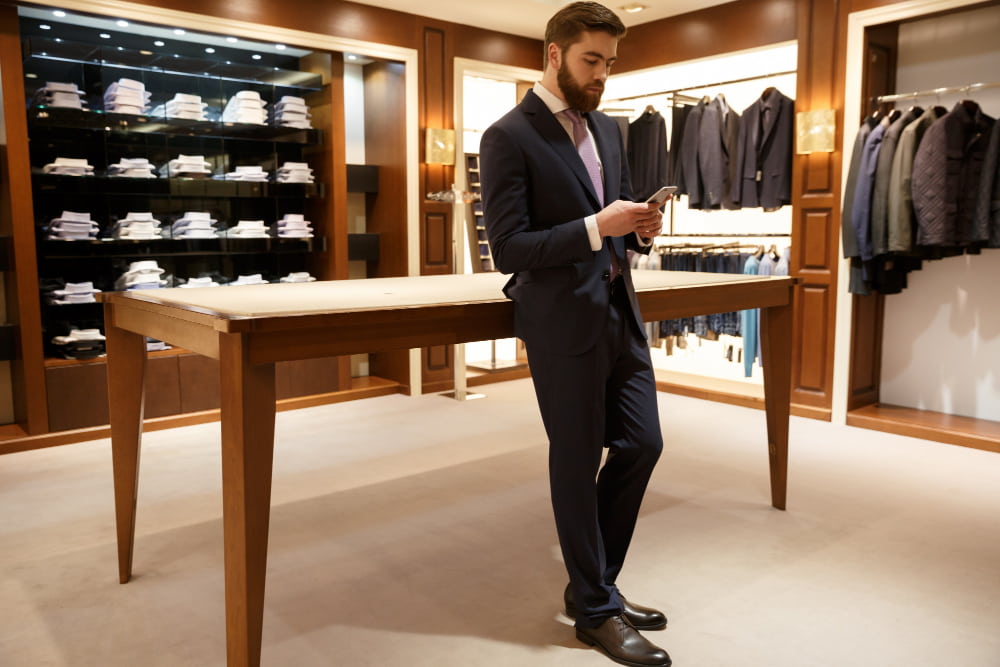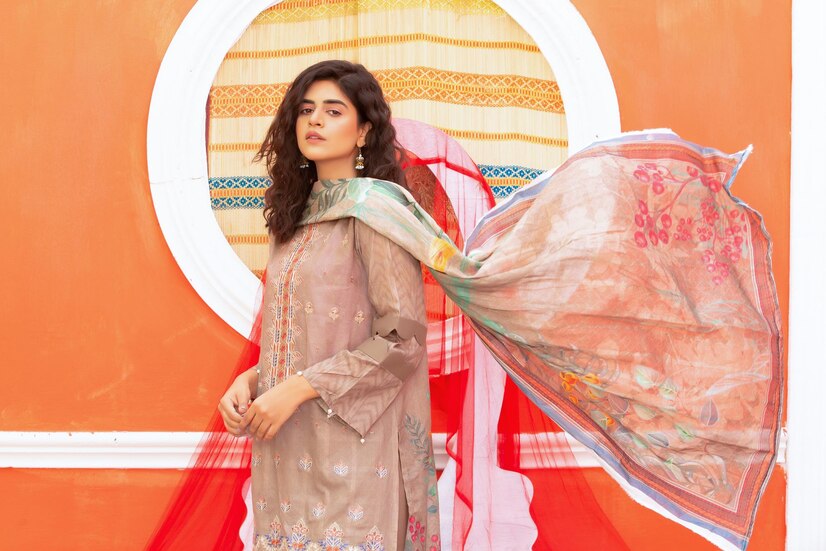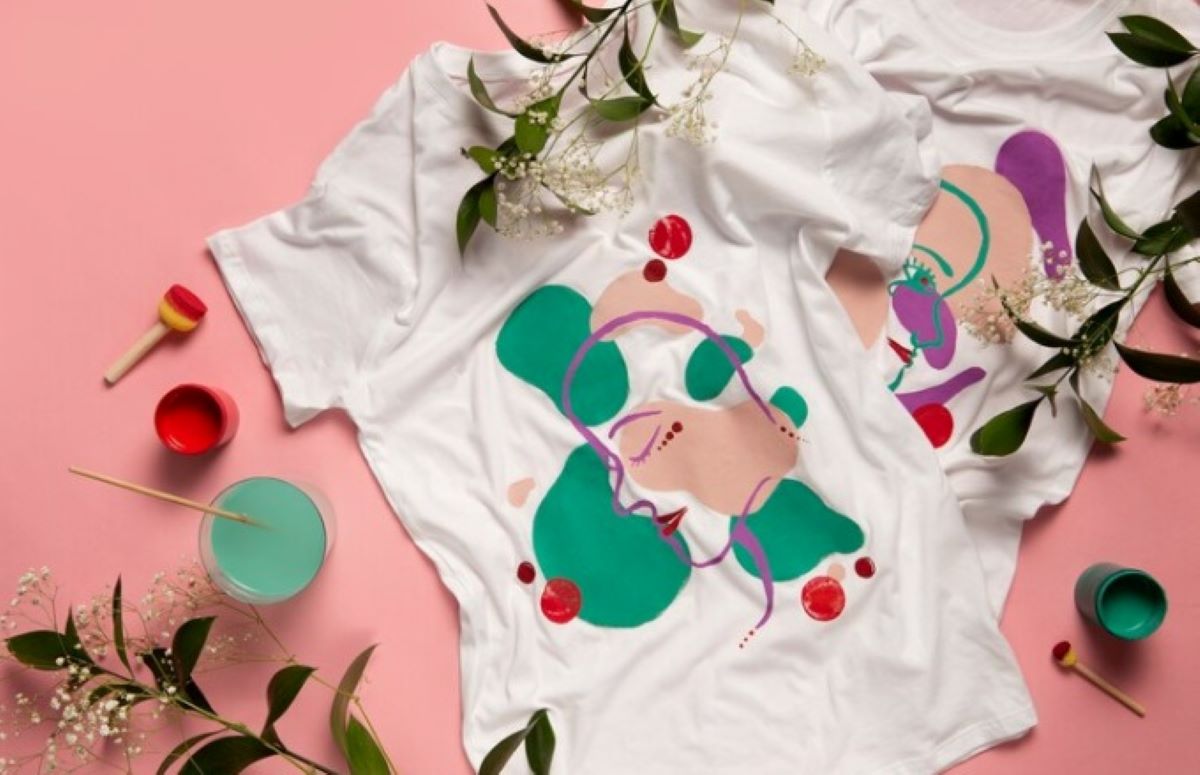The world of men’s fashion is constantly. We are witnessing a significant shift, in how men approach their clothing choices. Gone are the days of relying on made suits and off-the-rack attire. Instead, customization has taken the stage empowering men to express their individuality and personal style like never before.
This article explores the impact of customization on men’s fashion delving into the increasing popularity of bespoke tailoring the role of technology in personalized garments and the implications for both consumers and the fashion industry.

The Revival of Bespoke Tailoring
Bespoke tailoring has a history rooted in exclusivity catering to those who had the means to have garments made precisely to their measurements and preferences.
However, in times there has been a resurgence in bespoke tailoring that extends beyond an elite clientele. It has become more accessible to a range of individuals.
Craftsmanship and Personal Touch
At the core of bespoke tailoring lies a dedication to craftsmanship and individuality. Tailors are often seen as artists who meticulously create garments that not only fit perfectly but also encapsulate the wearer’s unique style.
Every aspect is carefully considered for personalization from fabric selection down to button placement – turning each detail into a canvas, for self-expression.
The Emergence of Made-to-Measure
For those who desire a ground between made clothing and fully custom-made garments the popularity of made-to-measure options has been on the rise. These choices offer customers the ability to select from a range of determined styles while also enjoying personalized adjustments to ensure a more tailored clothing and fitted look.
Technological Advancements Driving Customization
In today’s era technology has played a role in transforming the landscape of customization. With innovations like rooms and advanced 3D scanning, men now have new ways to interact with and personalize their formal wear.
Virtual Fitting Rooms and Augmented Reality
One exciting advancement is the introduction of fitting rooms that allow customers to visualize how a specific garment will appear on them before making a purchase.
Through augmented reality (AR) applications users can virtually “try on” styles, fabrics, and colors offering a shopping experience that goes beyond traditional brick-and-mortar stores.
Precise Measurements with 3D Body Scanning
Gone are the days of relying on tape measures and subjective assessments for measurements. The emergence of body scanning technology has revolutionized precision in tailoring.
By creating a model of an individual’s body tailors can achieve previously unattainable levels of accuracy, in measuring for formal wear.
Sustainability Practices
In addition, to the benefits of customization 3D body scanning contributes to sustainability in the fashion industry. By obtaining measurements it reduces errors that result in garment waste. This aligns with the increasing consumer demand for eco-practices in fashion.
Impacts on Consumers
The move towards customization in men’s fashion has effects on consumers. Apart from enjoying fitting clothes and a sense of individuality customization also influences consumer behavior and expectations.
Confidence
When a man wears a suit that’s custom tailored for him there is a feeling of empowerment. The formal wear becomes like a skin reflecting not only the latest fashion trends but also the wearer’s personality and preferences.
This empowerment leads to enhanced confidence. Affects how individuals present themselves in both professional settings.
Evolving Consumer Expectations
As customization becomes more accessible consumer expectations are changing. Men are no longer content, with mass-produced choices. They seek brands that understand and cater to their preferences pushing the fashion industry to adapt by prioritizing individualization over standardization.
The Changing Nature of Brand Loyalty
In today’s world brand loyalty is not solely based on the reputation of a brand. Consumers are now more inclined to stick with brands that offer a seamless experience. This shift poses a challenge, for established fashion houses to reassess their strategies and prioritize customer approaches.
Impact on the Fashion Industry
As customization gains traction the fashion industry is undergoing a transformation. From houses to fast fashion retailers everyone is grappling with the implications of this change in consumer preferences.
Adaptation or Risking Obsolescence
Brands that embrace customization thrive while those resistant to change face irrelevance. The success of startups and online platforms specializing in menswear serves as evidence of the demand for fashion.
Redefining Fashion Cycles
The fashion calendar, characterized by collections and rapid turnover faces challenges from the slow fashion movement. Customization encourages an approach towards clothing choices with consumers valuing quality over quantity.
This shift has the potential to redefine the fashion cycle by emphasizing timeless pieces and reducing the industry’s impact.
Sustainable Practices and Ethical Production
Customization aligns well with growing concerns about sustainability, within the fashion industry.
As consumers grow more aware of the ethical impact of their purchases brands are, under pressure to embrace practices.
From using sourced materials to adopting production methods customization provides a way forward for a fashion industry that is more sustainable and ethical.
Conclusion
To sum up, the era of customization is revolutionizing men’s formal wear fashion in ways. Thanks to advancements in technology the resurgence of tailored clothing that is made to order empowers consumers to express their style.
This shift not only enhances individuality and confidence in those who wear these garments but also presents a challenge for the fashion industry to adapt according to changing consumer expectations.
As customization becomes increasingly common brands that prioritize personalized experiences will thrive in this new landscape.





